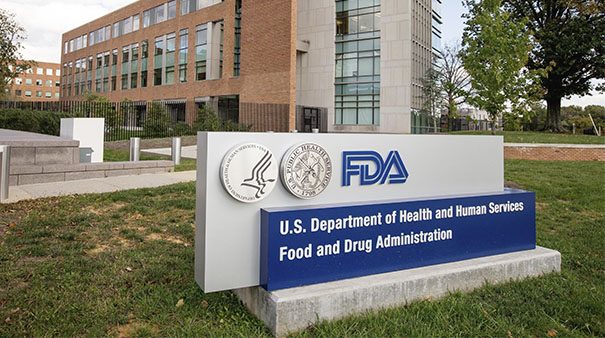Dive Brief:
- FDA has issued a flurry of warning letters against medical device companies shortly after an agency official predicted an uptick in enforcement activity.
- The number of medical device warning letters issued annually fell almost 90% from 2015 to 2019. With a reorganization the Center for Devices and Radiological Health pointed to as a source of slowdown now complete, the agency has said vigilance over industry’s compliance failings may rebound.
- FDA took a step toward fulfilling the prediction by publicly disclosing warning letters on Tuesday sent to Biomedix WAI, CPAPNEA Medical Supply and Unetixs Vascular.

Dive Insight:
FDA thinks reorganizing its teams so staff specialized in particular areas follow products throughout their life cycles, rather than handle all devices at a certain stage in the life cycle, will bring benefits. However, the agency acknowledges the move to the new model caused disruption.
In its 2021 budget justification, FDA said the reorganization, and resulting need to train staff, was a reason for its failure to hit its target of reading 90% of the most serious device adverse event reports within 72 hours of receipt. FDA officials have also cited the reorganization as a driver of the sharp fall in the number of medical device warning letters issued in recent years.
The completion of the reorganization was expected to enable FDA to focus more on enforcement. Over the first seven weeks of 2020, FDA appeared to send only one medical device-related warning letter. FDA issued and published six medical device warning letters (to LC Medical Concepts, Circulatory Technology, American Preclinical Services, Datascope, Total Thermal Imaging and a cosmetic surgeon entrepreneur) over the same period of 2019, before the reorganization began.
This week, a potential early sign of uptick in enforcement arrived. All three warning letters originated from divisions within the Office of Medical Device and Radiological Health.
FDA hit Biomedix with a warning letter after its inspector found fault with the production of the company’s SELEC-3 gravity I.V. administration sets. According to FDA, Biomedix failed to identify or investigate 233 “anomalous or apparently failed test results.” FDA also found Biomedix failed to validate a process that can be fully verified by subsequent inspection and test, an observation the agency also made in a 2013 warning letter.
The CPAPNEA warning letter calls the device company out for promoting its Optipillows EPAP mask as a treatment for obstructive sleep apnea, despite only having 510(k) clearance covering its use in the alleviation of snoring. FDA also criticized CPAPNEA for failing to establish procedures for corrective and preventative actions, complaint handling and quality audits.
Unetixs received its warning letter after FDA found design controls implemented during development of the MultiLab Series ROODRA vascular diagnostic device were inadequate. FDA also found Unetixs accepted four lots of motherboards that failed voltage output. That observation is a repeat of one of the criticisms FDA made in a 2017 warning letter to Unetixs.
The disclosure this week of warning letters to the three companies appears to nearly double the total number of device-related warning letters posted to FDA’s Warning Letters database to seven so far in 2020, by a count of database listings, although many of those were actually sent in 2019. Other recent recipients include low level LED light therapy device manufacturerVevazz, patient monitoring systems maker Draeger Medical Systems, compression limb therapy company Won Industry Co., and Curewave Lasers.
